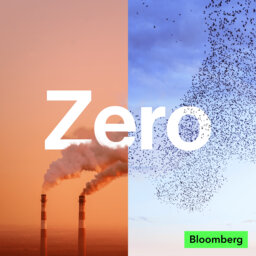Zero is in Baku, Azerbaijan, where delegates and heads of state from around the world have gathered for COP29. Can a petrostate make a summit on decarbonization a success? And how much will the election of President Trump damage the US’s credibility on climate– and set negotiations back? Akshat Rathi tells producer Mythili Rao what’s in store in the two weeks ahead, and COP29 President Mukhtar Babyaev explains how Azerbaijan is trying to make the summit a success, despite concerns that NGOs and protesters will have limited access to the proceedings. Plus, Columbia University’s Jason Bordoff explains how the US’s role in climate diplomacy is about to change.
Explore further:
- Past episode with Avinash Persaud about the big fights about finance expected at this COP
- Past episode about a play dramatizing COP3, the 1997 Kyoto summit
- Past episode about the achievements of COP28 in Dubai
Zero is a production of Bloomberg Green. Our producer is Mythili Rao. Special thanks this week to Siobhan Wagner, Blake Maples, and Ethan Steinberg. Thoughts or suggestions? Email us at zeropod@bloomberg.net. For more coverage of climate change and solutions, visit https://www.bloomberg.com/green.
In 1 playlist(s)
Zero
Zero is about the tactics and technologies taking us to a world of zero emissions. Each week Bloombe…Social links
Follow podcast
Recent clips

Ethiopia’s fossil fuel car ban is a vision of the future
32:37

Do artists have a duty to be political? Imagine series
32:37

Electricity is now holding back growth across the global economy
39:13
 Zero
Zero